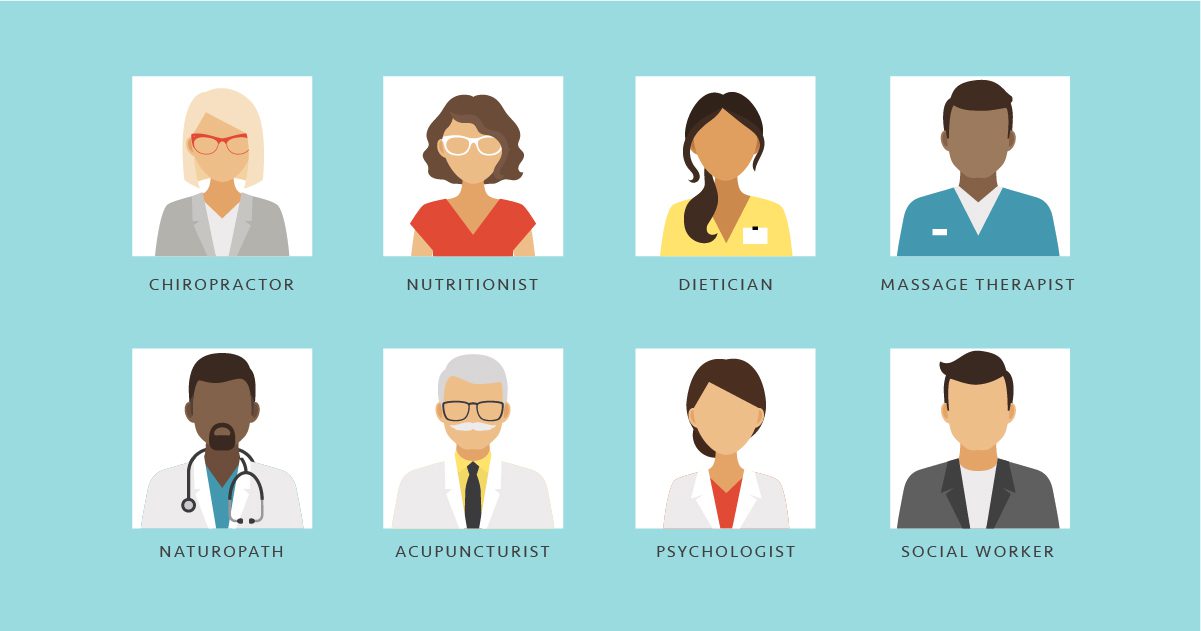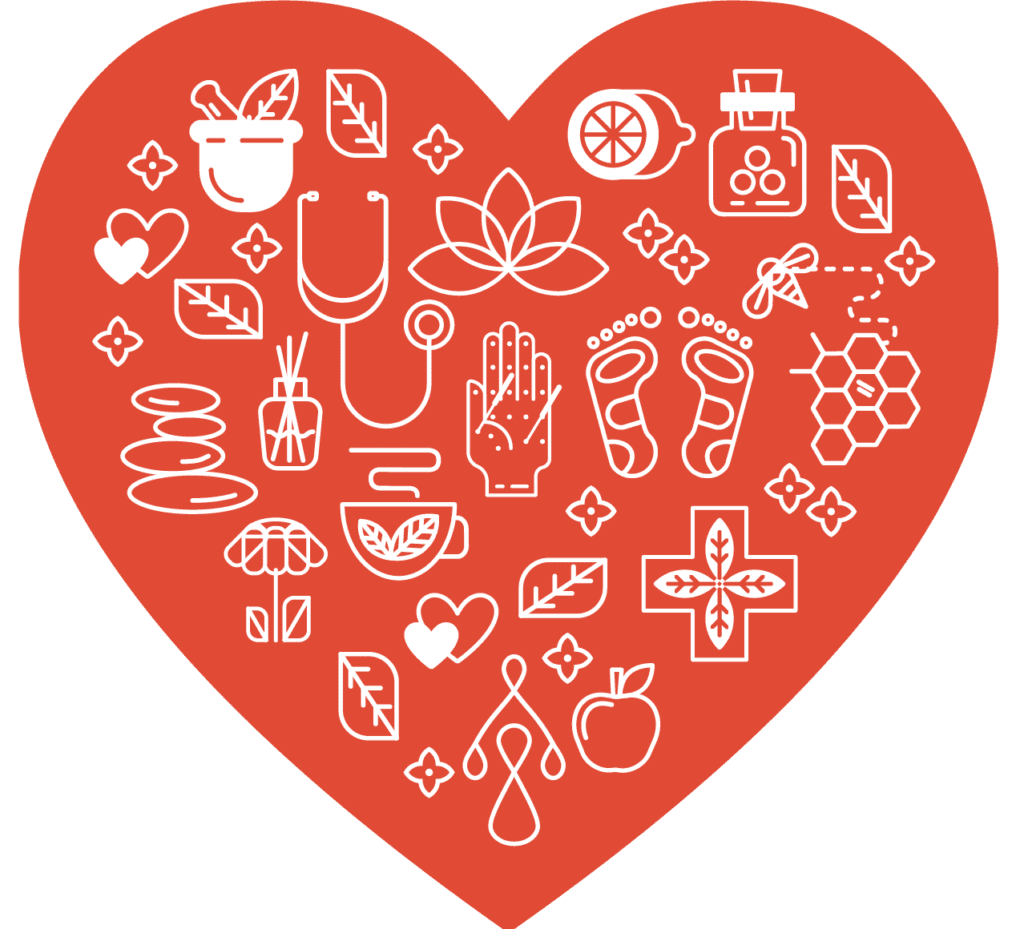
01 Jan Health & Wellness – A Comprehensive Approach
For many Canadians, when you are not feeling well or are stressed, you head to your doctor’s office. You wait in a crowded waiting room for your ten-minute appointment, and when you are with the doctor, a basic check-up is done while you describe your symptoms – and for many, the next stop is at a pharmacy to get your new prescription filled.
Prescription drug spending is expected to reach approximately $37.2 billion dollars in 2023, with estimated increases of 4% to continue annually. This is putting significant pressure on group benefit plans due to the recurring and continuously escalating costs of prescription drugs.
While prescription medications are essential in a comprehensive solution to treatment of disease and illness, it is only one piece of the puzzle. Many of the leading diseases in Canada are preventable and treatable by adapting to healthier lifestyle habits and we encourage all Canadian employers to promote this approach with their employees – establishing health and wellness initiatives.
Consider the following:
- Type 2 diabetes is the fastest growing chronic illness in Canada. It is estimated that 11.7 million Canadians are dealing with diabetes or prediabetes – and the cost of diabetes to our healthcare system is upwards of $30 billion per year.
- Type 2 diabetes can be prevented or significantly postponed by making healthy lifestyle choices including healthy eating, weight management and physical activity.
- 7.5 million Canadians live with Hypertension (high blood pressure) – that is about 1 in 4 adults. The annual cost associated with high blood pressure is $13.9 billion.
- Lifestyle factors that are responsible for hypertension include: High sodium intake (32%), obesity(32%), low dietary potassium intake(17%) and low physical activity (17%).
- Most people do not realize that many medications are habit forming and hard to stop, including drugs for pain (narcotic opioids), depression, anxiety, sleep and attention deficit disorders. Use is pervasive and dangerous and can lead to addiction, overdose and even death.
- If you access tools and resources that will allow you to work through your health concerns with a focus on your whole body, you can improve your health without having to take any prescription drugs.
- Medications treat the physical body, and this can be effective when dealing with traumas, infections, and cancers. However, many of todays ‘stress’ illnesses do not begin with a significant physical change in the body – rather they are telling you that your body is not working efficiently and effectively – in these cases, medication for the physical body will not cure, they will just mask the symptoms.
- Eastern traditions treat the physical body and its surrounding energy fields by engaging the mind/body’s self-healing mechanisms. This is largely done by stimulating the body to heal and balancing your energy fields, ridding it of energetic blockages.

At JRP, we believe that it is time to proactively take control of your overall health by building your own health management team.
While this team should continue to include your family doctor, we suggest you consider adding paramedical practitioners to your team:

ACUPUNCTURIST
The goals of acupuncture is to relieve pain, promote healing and improve physician, mental and emotional health, and overall well-being through stimulation of specific points on the body.

CHIROPRACTOR
A health care professional that is focused on the diagnosis and treatment of the nervous system and muscles, thorough manual adjustment and manipulation of the spine.

NUTRITIONIST
Proper nutrition is essential to healthy living and overall well-being. A nutritionist will evaluate your diet and offer personalized advice and support.

MASSAGE THERAPY
A registered massage therapist uses manual manipulation of muscles, ligaments, joints, and tendons to enhance your overall health and well-being.

NATUROPATH
Naturopathic medicine focuses on holistic, proactive prevention by blending modern scientific knowledge with natural and traditional forms of medicine to stimulate the healing power of the body and treat the underlying cause of disease.

PSYCHOLOGIST
This profession helps people learn to cope more effectively with life’s issues and mental health concerns such as depression, anxiety, stress, and management of pain.

DIETITIAN
A nutrition specialist who helps you make changes in your eating habits to promote health and prevent chronic illness such as high blood pressure, heart disease and cancer. Dietitians can be one of the most important members of a diabetic’s health management team.

SOCIAL WORKER
Helping people to develop their own resources and skills to resolve problems, social workers are concerned with helping individuals and families enhance their individual and collective well-being.
Any of these practitioners can become a valuable part of your health management team. You will have one hour of uninterrupted and devoted time, focusing on your overall health and well-being for today and for the future.
Communicating with members is vital to help them understand how their Group Benefits Plan can contribute to their overall health, beyond visiting their doctor’s office and taking prescription medication.
YOU DESERVE MORE THAN YOU THINK®
Download our employee communications!
Post in your staff rooms or distribute with payroll.
PRINT NOW !